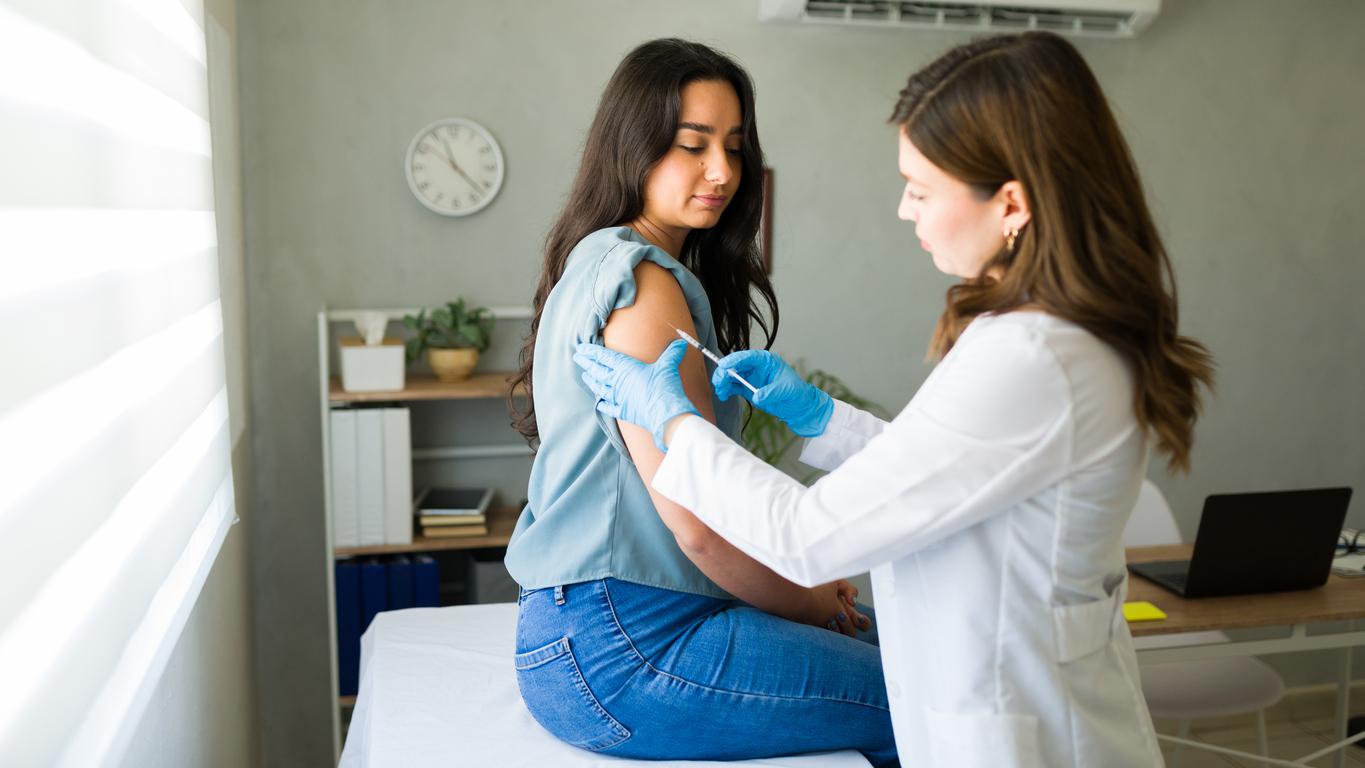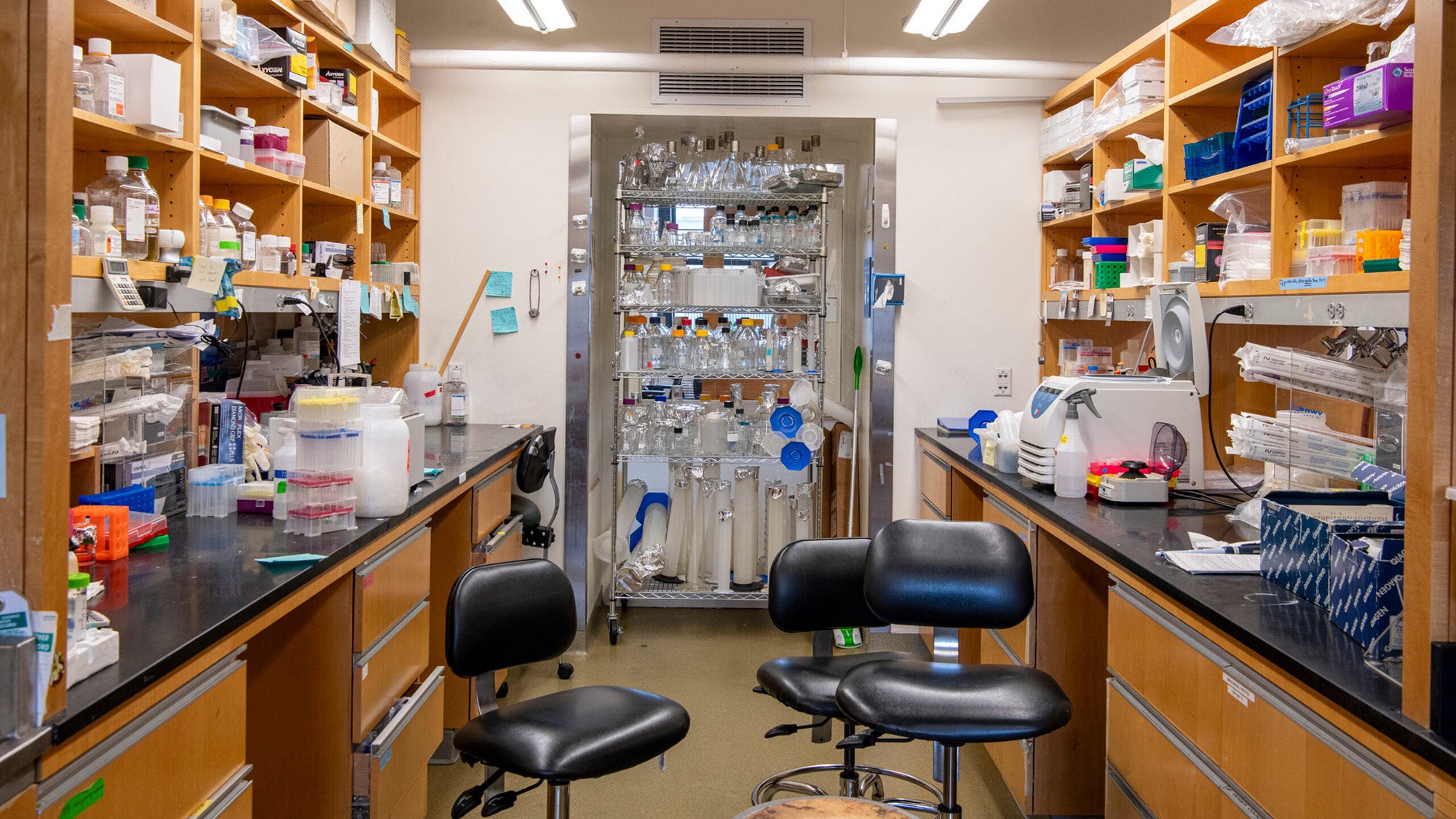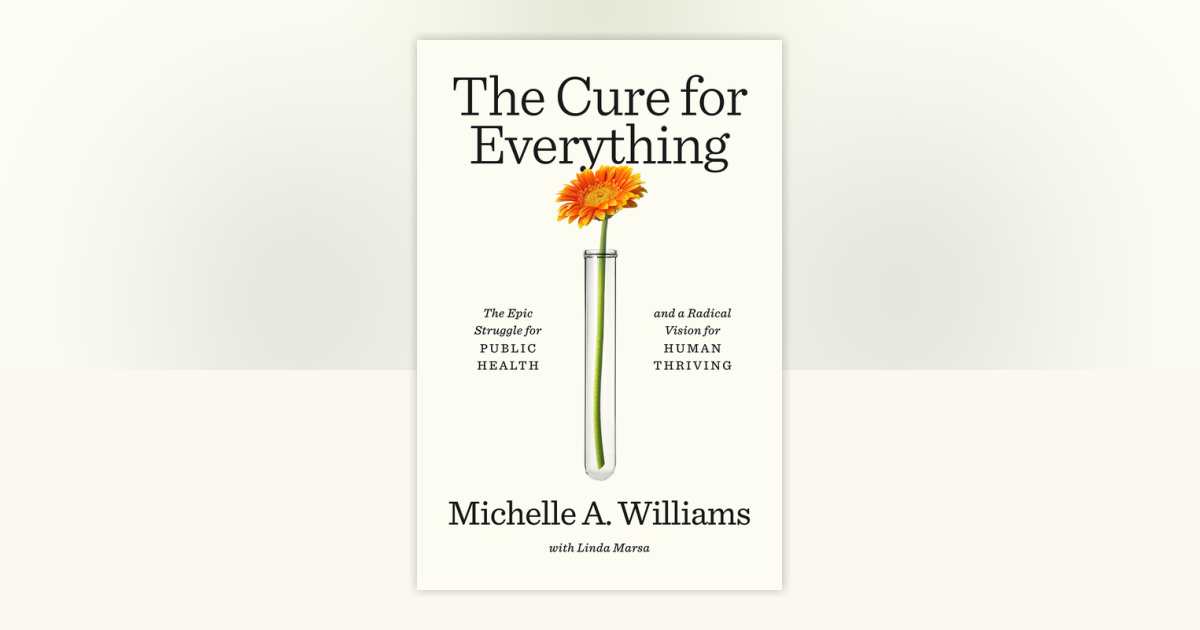Harvard Chan 2030
To the Harvard Chan community,
Many of us have spent the spring mourning the changes inflicted on our School. The grief has not yet passed; we will face more pain in the weeks and months to come, including winding down important research projects and programs.
But amid the sorrow, we have also been organizing—and acting—to preserve the core of our research and educational missions. Those steps have given me a new sense of hope. Looking around at our brilliant and bold community, I am convinced that Harvard Chan School will emerge from this crisis with newfound strength.
When I envision the Harvard Chan School of 2030, I am certain that we will continue to be a world-leading school of public health. We will have developed diverse and sustainable revenue streams. We will have built powerful partnerships across sectors and disciplines. We will be a model of excellence, resilience, and real-world impact.
How will we get there?
Below, I’ll lay out our initial strategies. As always, I welcome your feedback and ideas.
MAINTAINING OUR RESEARCH EXCELLENCE
A key plank in our Harvard Chan 2030 strategy is diversifying our research funding so we can maintain a world-leading research engine in priority fields.
This work is being led by the Office of Research Strategy and Development (ORSD) in close collaboration with the Office of Development and Alumni Relations (ODAR), the Office of Communications, and the University’s Office of Technology Development (OTD). The first initiatives, described below, are rolling out this month, with additional programs to come.
Direct and purposeful industry engagement
Harvard Chan School has long welcomed industry collaborations and research sponsorship, with strong guardrails to prevent conflicts of interest.
Indeed, our faculty have entered into many highly successful collaborations with industry in recent years, such as an ongoing project with Siemens Healthineers to predict disease outbreaks by analyzing the ebb and flow of diagnostic tests ordered by physicians. We expect to announce another major collaboration with industry later this month; it’s being finalized after more than a year of discussion.
Working closely with the University, ORSD is now ramping up targeted outreach to potential corporate partners, with careful review to ensure the science meets the highest standards of research integrity.
ORSD and ODAR are also actively working to expand a small but successful program of industry support for PhD and postdoctoral training slots. A gift of at least $100,000 funds a trainee for a year, preserving a crucial talent pipeline.
As you all know, our trainees go on to do amazing work, not just in academia but also in pharma, biotech, health care delivery, health tech innovation, and so many other fields. I hope the private sector will see the value of investing in their future workforce through this program.
To guide private-sector outreach, ORSD will be forming an advisory group of faculty and administrators who have experience working with industry. ORSD may also ask for help identifying alumni and trainees who now work in the private sector and may be able to make connections for us. Please watch your inbox for more information about how you can help.
Strategic outreach to foundations and non-federal funders
We are also working to pull in more support from foundations and other non-federal funders.
ORSD has created comprehensive lists of funders who support public health research, practice, and implementation in four fields: global health, climate and health, health inequities, and the health of girls, women, and the LGBTQ+ community, with more topical lists to come. These documents provide important background information on each funder’s areas of interest and track record, as well as advice on connecting with them.
In addition, ORSD is building an online toolkit to help principal investigators (PIs) apply for non-federal funding. As an example, the office can provide foundation-specific samples of successful proposals on request.
Please take time to explore and leverage these fantastic resources on ORSD’s Intranet site.
And stay tuned for information on upcoming workshops led by ORSD, our Development and Communications teams, and the University’s OTD. These will be designed to help PIs write compelling proposals that are calibrated to specific foundations and industry funders and hone other crucial skills.
BUILDING A DEAN’S LEADERSHIP FUND
Philanthropy that meets the moment
In initial outreach in recent weeks to a handful of high-capacity donors, we raised more than $3.5 million. In addition, we have received more than $350,000 in modest donations from hundreds of alumni, as well as from members of the public who first encountered Harvard Chan’s story on social media and were moved to support our work.
Each contribution is a vote of confidence in our mission, our people, and our future.
To build on this momentum, we have created a new Dean’s Leadership Fund and will be asking our existing donors to do all they can to support it.
I think of this fund as our bridge to the future. In consultation with my leadership team, I will deploy it to support smart, strategic innovation in both our education and our research enterprises. I am confident that it will position us to reshape Harvard Chan School into a model of excellence and an inspiration to other public health schools.
EXPANDING ONLINE EDUCATION
New efforts to deliver targeted, high-value training
I will have more to say about our educational strategy in the coming weeks, including our plans for supporting international students.
For now, I’ll note that we are working intensively to expand non-degree offerings, including self-paced online modules that will help public health professionals gain vital skills in fields ranging from genomics to data science to health systems.
These programs have the potential to expand our impact on the world, as we will be able to extend the superb training we offer at Harvard Chan School to new populations of students worldwide.
We are also working to develop more online degree programs. We pioneered that concept at Harvard with our highly successful MPH in Epidemiology and MPH Generalist degrees, and our Office of Education is leading the charge to create new programs that will allow more top students around the world to take advantage of a Harvard Chan education.
FOSTERING UNEXPECTED COLLABORATIONS
Alliances with real-world impact
Since before I arrived as dean, I have been convinced that the future of public health lies in more and deeper collaborations outside our field — not only with the private sector, as I outlined above, but also with other academics.
Our current crisis has only strengthened this conviction.
I’ve mentioned before a nascent collaboration with colleagues at Harvard Business School, Harvard Medical School, and the Harvard John A. Paulson School of Engineering and Applied Sciences. Deans and faculty from each school had a productive meeting last week to lay out our goals for this initiative and begin thinking about a fundraising strategy.
I hope to share more this fall. For now, I can say that we aim to bring together faculty from each school to explore how cutting-edge technologies can protect and promote good health for all, with an emphasis on preventing disease. I’m also excited that the project will emphasize entrepreneurship and implementation; we aim to provide seed funding to help scale and commercialize innovations developed by affiliated researchers.
This type of collaboration could be an impressive example of Harvard Chan School’s continuing commitment to excellence and real-world impact.
NURTURING A CULTURE OF PLURALISM
Support for open inquiry and constructive debate
To emerge from this crisis as a model for the future, we will need to redouble our efforts to create a culture of pluralism at Harvard Chan School, embracing the many strengths and unique perspectives each of us brings to the community. This has also been one of my paramount goals since I accepted the deanship, and the urgency has only accelerated.
As an important next step, a new school-wide Working Group on Constructive Engagement is launching this month, under the leadership of co-chairs Michaela Kerrissey, associate professor of management, and Jennifer Betancourt, director for educational policy.
This group includes students, trainees, and/or faculty from every academic department, as well as staff from several administrative units. I have asked members to work intensively over the summer to bring forward practical recommendations to improve our culture of pluralism, foster a spirit of open inquiry, and build capacity for constructive dialogue across differences.
I have high expectations for this work; I truly believe it will help us fulfill our goal of emerging from this crisis as a stronger and more resilient School.
BUILDING THE FUTURE TOGETHER
A vision for Harvard Chan 2030
At my first State of the School address in February, I laid out my AAA Vision for a school that would be more agile, accessible, and accountable. Those ideals still hold: Each “A” is a critical piece of the future we are working together to build.
It can be very hard to stay focused on a brighter future when so much of our present is dark. Personally, I take inspiration from all of you—from the brilliance, drive, compassion, and commitment I see in every lab, classroom, and office; on every Zoom screen; at every cafeteria table.
We still have a great deal of work to do. But I am confident in this vision:
Harvard Chan School will emerge from this crisis a focused, resilient, and unambiguously world-class school of public health, dedicated to excellence and impact and strengthened by surprising, solutions-focused partnerships.
We will lead the world in our chosen fields of research. We will offer a thoughtful array of educational options to reach public health professionals and leaders at every stage of their careers, wherever they may live. On campus and online, we will nurture an inclusive community where respectful debate thrives.
Most importantly, we will continue to work together, with purpose and passion, to build a world where everyone can thrive.
Thank you for all you are doing to help us achieve this vision. As always, I am honored to work alongside you.
Best,
Andrea
Andrea Baccarelli, MD, PhD
Dean of the Faculty


